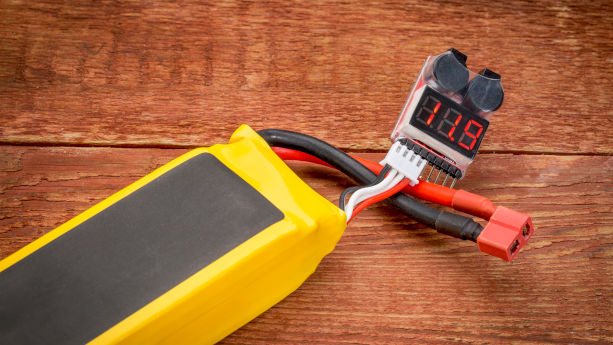
If you are planning to ship lithium batteries in the United States, the European Union, the United Kingdom, or Canada, you should be aware that there are restrictions, due to the fact that lithium batteries might be dangerous. For example, they might explode or catch fire.
In this guide, we explain what importers and manufacturers should know about UN 38.3 compliance requirements in practice. Note that other markets might regulate lithium batteries as well.
Content Overview

FREE CONSULTATION CALL (US, EU & UK)
- Request a free 30-minute call with Ivan Malloci to learn how we can help you with:
- Find product requirements
- Certification and labeling
- Lab testing
What is UN 38.3?
UN 38.3 – Lithium metal and lithium-ion batteries is a subsection of the UN Manual of Tests and Criteria Part III, which includes requirements regarding lithium metal batteries and lithium-ion batteries.
This is explained, for instance, in 49 CFR Part 173 – Shippers – General Requirements for Shipments and Packagings of the Hazardous Material Regulations (HMR) in the US.
The Manual of Tests and Criteria aims to provide parameters for how you should comply with relevant rules regarding the transportation of lithium batteries by air, including testing, documentation, and labeling.
Specifically, it includes requirements for:
a. Articles of transport under Class 9 (including lithium metal and lithium-ion batteries).
b. Test methods and classification.
It also complements national or international regulations derived from the Globally Harmonized System of Classification and Labelling of Chemicals” (GHS).
General Requirements
In this section, we outline the requirements that you, as an importer or manufacturer, should be aware of when shipping lithium metal and lithium-ion batteries by air.
For example, you should ensure that your lithium batteries are safe by having them tested against the requirements in UN 38.3. After the batteries have been tested, you need to provide relevant test reports.
Besides testing, other requirements might include:
- Labeling
- Documentation
- Packaging requirements
Note that compliance for the shipment of lithium batteries is necessary for markets such as the following:
- United States
- European Union
- Canada
- United Kingdom
For example, in the US, where UN 38.3 and lithium batteries are concerned, you should adhere to the provisions set by the Hazardous Material Regulations.
Is UN 38.3 compliance required in the US?
The US requires importers and manufacturers to comply with UN 38.3 requirements when shipping lithium batteries by air.
Hazardous Material Regulations
If you ship lithium batteries in the US by air, or products that contain the batteries, then according to the Hazardous Material Regulations you should ensure that your batteries comply with the UN 38.3 requirements.
Product scope
The Hazardous Materials Regulations cover a wide range of hazardous products, including lithium cells and batteries.
Requirements for lithium batteries
49 CFR Parts 173 covers requirements for lithium cells and batteries. We list some of those requirements here. Lithium cells and batteries should:
a. Meet UN 38.3’s testing and manufacturing requirements.
b. Be accompanied by a test summary containing elements such as test reports and references to the UN Manual of Tests and Criteria.
c. Adhere to packaging requirements (e.g., providing proper descriptions for vehicular lithium batteries and consumer electronic devices that contain lithium batteries, and have packaging capable of withstanding a “drop test”).
d. Bear a lithium battery mark and the relevant UN number (e.g., “UN3091” for lithium batteries contained in equipment) on the package.
Federal Aviation Administration (FAA)
It is inherently dangerous to ship lithium batteries in bulk by air. The Federal Aviation Administration (FAA) has provided information about the possible risks when shipping these products:
- FAA Safety Alert (10017)
- FAA Safety Alert (16001)
Is UN 38.3 compliance required in Canada?
Canada requires compliance with UN 38.3 when transporting lithium cells and batteries.
According to Section 2.43.1 of the Transportation of Dangerous Goods Regulations, you should not transport lithium cells or batteries under listed shipping names unless those batteries:
a. Have passed relevant tests according to UN 38.3.
b. Have a safety venting device.
c. Have a design that prevents violent rupturing during regular transport conditions.
d. Can prevent external short-circuiting.
e. Come with diodes or fuses that help to avoid a dangerous reverse flow of current.
Is UN 38.3 compliance required in the EU?
The EU requires UN 38.3 compliance for dangerous goods, including lithium batteries.
Specifically, Article 4 of the Inland Transport of Dangerous Goods (ITDG) Directive states that the EU authorizes the transport of dangerous goods between Member States and third countries so long as those goods comply with the European Agreement regarding the International Carriage of Dangerous Goods by Road (ADR).
In turn, the ADR requires compliance with the UN 38.3 requirements, as stated in this agreement, for example.
Inland Transport of Dangerous Goods Directive, Annex I – ADR
Note that the ECHA’s website contains the ADR Dangerous Goods List, as it was implemented by the ITDG Directive. This includes:
- Lithium-ion batteries
- Lithium alloy batteries
- Lithium batteries packed in or with equipment
You can find the list on this page.
Is UN 38.3 compliance required in the UK?
According to the Civil Aviation Authority (CAA), which provides information from the International Civil Aviation Organization’s (ICAO) Technical Instructions for the Safe Transport of Dangerous Goods by Air, you are required to ensure that your lithium batteries comply with the requirements in UN 38.3 if you want to ship these by air.
Is UN 38.3 compliance required by Amazon?
If you sell lithium batteries and lithium battery products on Amazon, you must:
a. Comply with the UN 38.3 requirements.
b. Subject said products to standardized testing to confirm their safety.
c. Upload a test summary to prove conformity to the requirements.
Other requirements (e.g. Energy content in watt-hours) might also apply. You find more information on this guide.


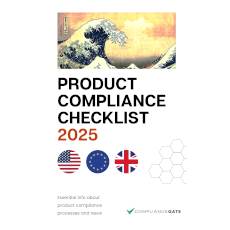
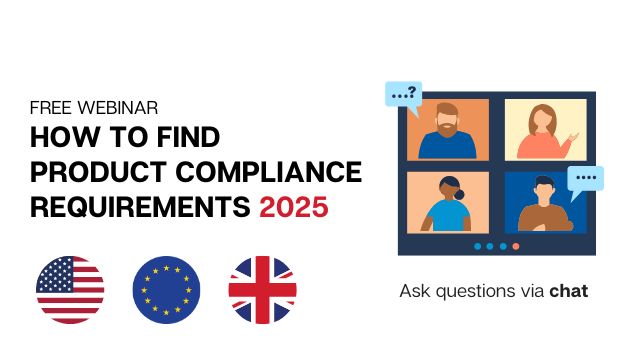
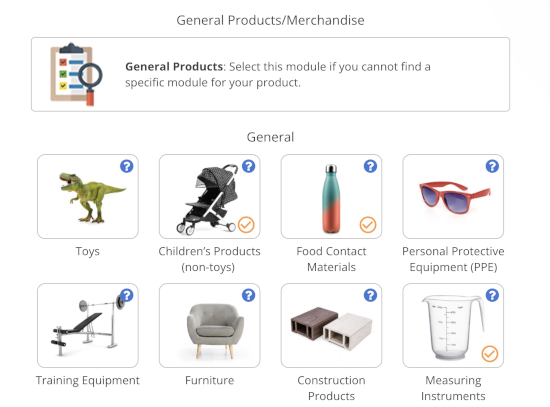


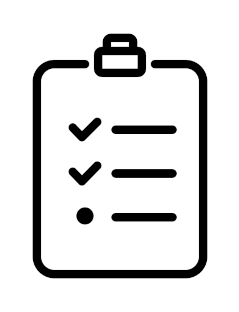





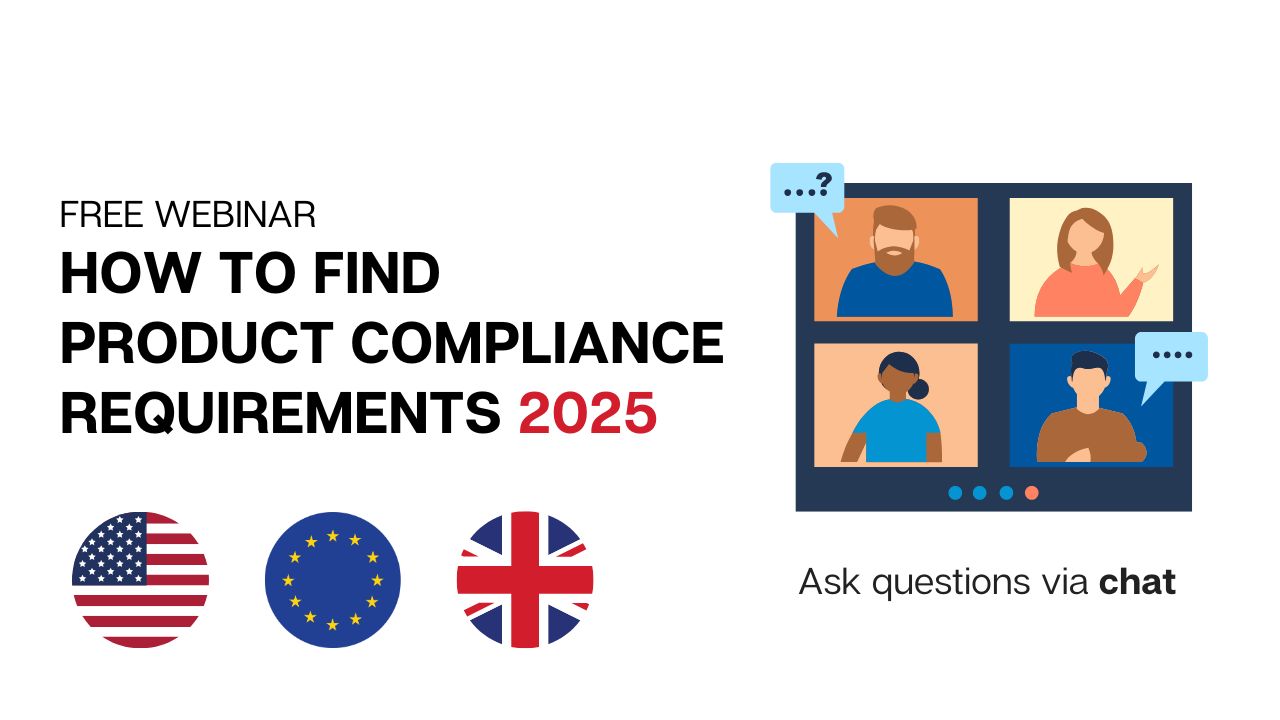

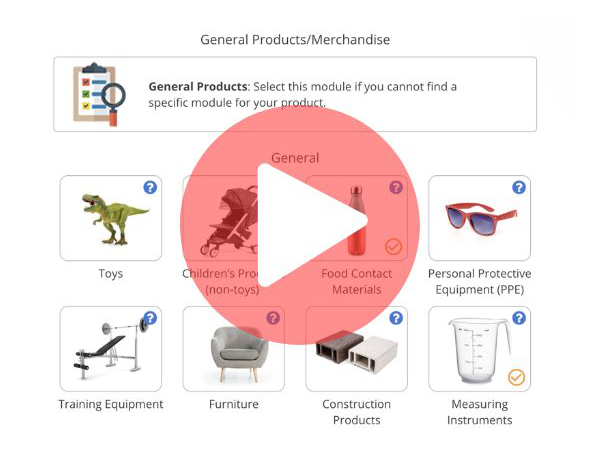
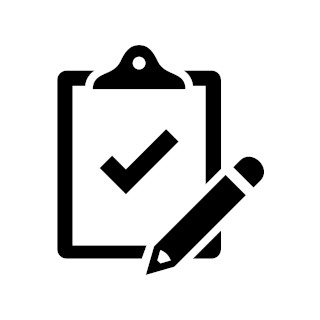 Create compliance checklists for your product (US, EU & UK)
Create compliance checklists for your product (US, EU & UK)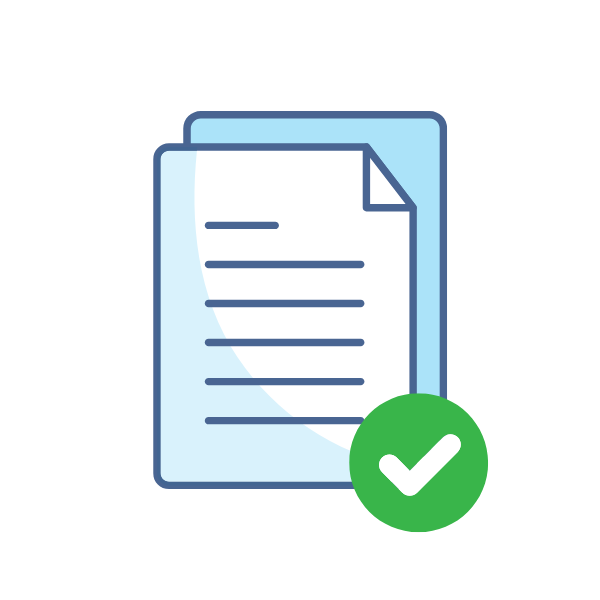 20+ product certificate templates
20+ product certificate templates Create label files
Create label files Book product testing
Book product testing
Is UN 38.3 required for ground transport and automobiles ? Does every electric vehicle model on the road have to have a specific 38.3 certification ?
Hello,
Do you happen to have anything for UN 38.3 Required Compliance for Domestic air transport within China? If not, do you happen to know where i might be able to locate a copy that is in English?
Thank You,
Dennis